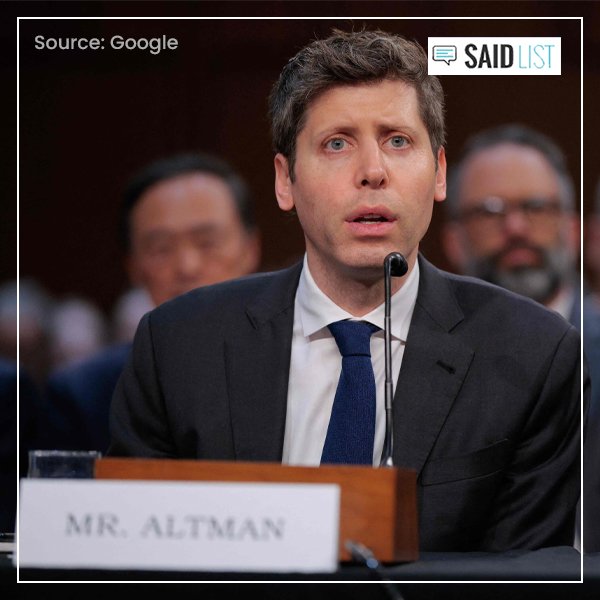Paris Olympics boxing gold medallist Imane Khelif recently came under scrutiny regarding her gender eligibility. A leaked medical report, shared by journalist Djaffar Ait Aoudia, revealed details about her condition, identifying her as having 5-alpha reductase deficiency. This disorder, found in some genetic males, can lead to internal testicles and the absence of a uterus. The MRI report also noted the presence of a micropenis, which resembled an enlarged clitoris.
As a result, the revelations ignited a divisive reaction on social media. Indian cricketer Harbhajan Singh joined the debate, tagging the official Olympics account in a post on X (formerly Twitter). He called Khelif’s victory “unfair” and urged the Olympics to retract her gold medal. This further fueled discussions around gender eligibility and fairness in women’s sports.
Moreover, the controversy intensified when Italian boxer Angela Carini abruptly withdrew from her bout against Khelif. Her decision followed a heated exchange in the ring. Many saw Carini’s exit as a silent protest against gender inequities. Furthermore, renowned author J.K. Rowling also joined the conversation, sharing her view on X. She posted an image from the match. In it, she criticized Khelif’s expression, calling it symbolic of a “misogynist sporting establishment.” Rowling argued that this establishment undermines women’s sports. Furthermore, her comments reflected her belief about the inclusion of men in women’s competitions. She expressed concern about the negative impact on female athletes’ opportunities.
In response to the growing controversy, Khelif filed a lawsuit in Paris. She cited “aggravated cyber harassment” in her claim. Additionally, Khelif named several individuals in the suit, including Tesla CEO Elon Musk. She alleged that the ongoing public discourse had negatively affected her career and personal life.
This case highlights the significant challenges sports organizations face. Gender identity, fairness, and privacy within women’s categories are key issues at play. Moreover, it raises important questions about balancing inclusivity with competitive fairness. Ultimately, the outcome may shape future policies on gender eligibility and athletes’ rights. It could also influence the future of gender inclusivity in sports.











